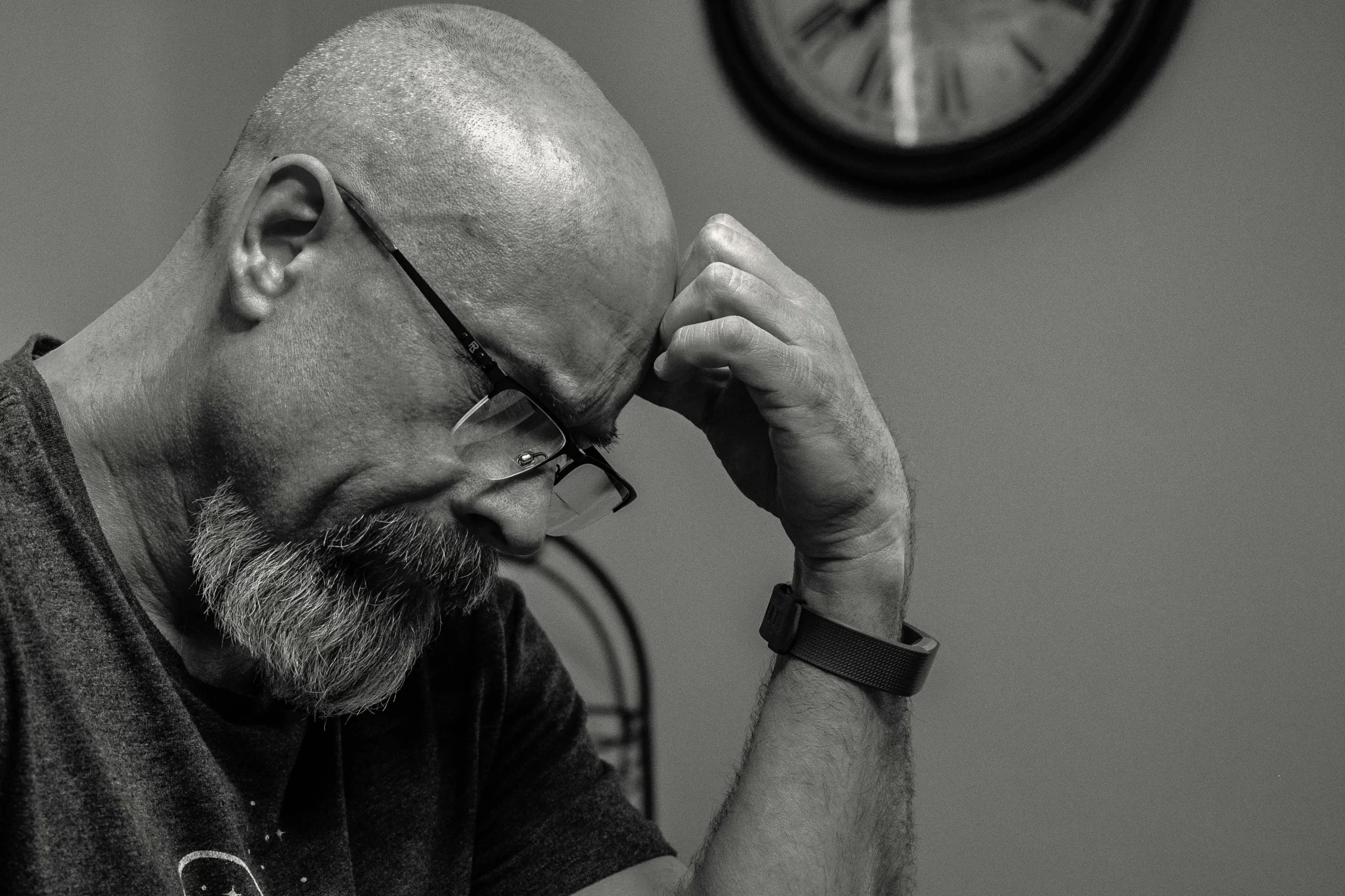Much like every other medical practice, we are contracted with your insurance to collect the amount due for the visit at the time of visit. Because it is the beginning of the year and the deductible has reset, this may mean you will be required to pay more than you usually do because you have not met your deductible. Please call and ask us at 214-560-2000 if you have any concerns about your deductible. See this explanation for more details.
Absolutely not! We are an interventional pain management practice. What this means is that we reduce pain and improve function by performing pain relieving injections for the spine, joints, and tendons/ligaments. We do not solely just manage and prescribe opioids. We are not a chronic pain management pill center. If you are looking for a new and effective approach that actually gets results, we are the practice for you!
Our practice does offer Suboxone and buprenorphine for pain management.
No, we don’t require a referral most of the time, and you can call us at 214-560-2000 or make an appointment online. Some insurance plans, primarily HMO’s, do require a referral from your primary care doctor. We can verify your insurance for you when you call.
We are in-network with all the major medical insurances including BCBS, United Healthcare, Aetna, Cigna, Wellmed, Medicare, and Medicare supplemental plans, and Tricare. We do not accept Medicaid or any Medicaid supplemental plans. Please call us at 214-560-2000 or book online.
At your first appointment, you will meet with one of our practitioners for a comprehensive exam, where a personalized treatment plan will be developed for you.
Please be aware that our providers may not prescribe controlled pain medications during your first visit, and any medication refills you need in the meantime would need to be coordinated with your current medication prescriber.
1) Talk with your previous provider about how to safely taper your medications.
2) If you are already out of medication, talk with them about managing withdrawal symptoms.
3) Unfortunately, we cannot take over your prescription medications in an urgent situation like this.
Yes, we do, but selectively. Opioids can be part of a treatment regimen, just not the only treatment. Opioid prescriptions are not our main focus in your overall treatment. They are not effective for certain types of pain. Because they can be dangerous, they are often not the best option in the long term. We offer many other treatments that include epidurals and joint injections. We also treat injured or torn ligaments and tendons. This is a comprehensive approach with medications including muscle relaxants, visits to physical therapy, or chiropractic.
There is increasing evidence that taking opioids in the long term (more than a few days) is not effective to improve pain, function, mental health status, sleep, or depression. As a matter of fact, there is evidence that long term opioid use can increase overall pain as well as a risk of other serious harm.
The good news is that medication is only one part of effective pain management. A combination of approaches is often the best way to manage your pain. Our practice uses a multidisciplinary approach to treating pain. The whole focus of multidisciplinary programs is to get people functioning again. One of the drawbacks of long-term opiate use is many people who take these drugs over a long period of time lose physical function. Our goal is to restore physical function and to help you learn that chronic pain does not have to prevent you from living a full, active life. We will discuss several options that would be available to help you with your pain.
When you have constant pain, it seems natural to avoid doing things like walking, bending and moving around as they can make the feeling of pain worse. However, our bodies are designed to move. When we decrease activity, we lose muscle strength, and over time this means that even simple daily activities can become more difficult. Many people with pain fear exercise as they think it will cause more problems. However, regular stretching and exercise can decrease pain and increase your ability to function physically.
It is important to remember that chronic pain is not necessarily associated with ongoing damage to your body. This means that hurt doesn’t necessarily equal harm, and if no ongoing cause for the pain is found, you can slowly increase your physical activity despite a certain level of pain. This gradual approach to activity is called pacing.
Starting to exercise and learning new coping skills are important strategies to help improve your ability to function and reduce the impact of the pain. It is also important not to wait for the pain to be completely gone before starting normal activities, including work.
Withdrawal is a common effect of stopping opioids. It is uncomfortable, but not life threatening, and there are strategies to minimize this and help treat the symptoms. We may be able to help with some of the withdrawal symptoms if you wish to stop the opioids.
Physical dependence occurs with any person that takes narcotics at a certain dose for a time. If the medication is stopped abruptly, then there may be withdrawal symptoms such as nausea, diarrhea, or feeling shaky, and sweaty.
Addiction occurs in susceptible individuals, and there are ways to figure out who may be more at risk. This may manifest as a craving for the medication and may include escalating dosages and drug seeking behavior.
We may or may not prescribe opioids on the first visit because each patient is unique. We will need you to sign an informed consent , sign an Opioid Treatment Agreement and submit a urine sample, as required by the state of Texas. We will check your opioid pharmacy record to see your last opioid prescription pick up date. We require an office visit every 30 days to be able to prescribe opioid medications.
Because your health and safety are our primary concern, the pain medication agreement outlines important safety and regulatory issues concerning proper medical use of controlled substances. Among other expectations, we stress the use of one pharmacy and one physician for all of your pain medication prescriptions. We require you to take your medications as prescribed and to submit urine specimens for testing on a regular basis. You cannot give or sell your medications to others or take someone else’s medications. These and other concerns are a part of our agreement that is necessary to safely prescribe opioid medications and/or other controlled substances for the management of pain. Breaking your opioid agreement with us may result in you being released from the practice.
We will need you to file a police report of the actual incident. We will refill medications early one time and one time only for this reason. Please safeguard your prescription from others.
In very limited situations, we can refill early for reasons such as someone leaving for a trip or vacation during the refill time. Taking more of your medication than prescribed, does not constitute a reason for an early refill. Often, your insurance will not cover the cost of an early refill as most policies allow refills every 30 days only. If your pain is poorly controlled, please call our office to schedule a consultation.
You will have to bring in the remaining pills back to us to count and destroy, before we can prescribe anything else. The pharmacy will not refund or accept any prescriptions back once in your possession. Additionally, this is the reason that we use a multidisciplinary approach to pain management, because pain medications alone are often insufficient to manage pain.
The state of Texas requires that anyone who is prescribed opioids or benzodiazepines and certain other medications must have periodic urine drug screenings. While we collect the urine for the laboratory, we have nothing to do with the bills from the lab. We do not own any part of the laboratory business. The lab we use is in-network with all major insurance carriers and you may be required to pay a copay or pay something out-of-pocket if you have not met your deductible for the year. Please do NOT ask us to take care of the bill for the urine drug screenings as these bills are not issued from us.















